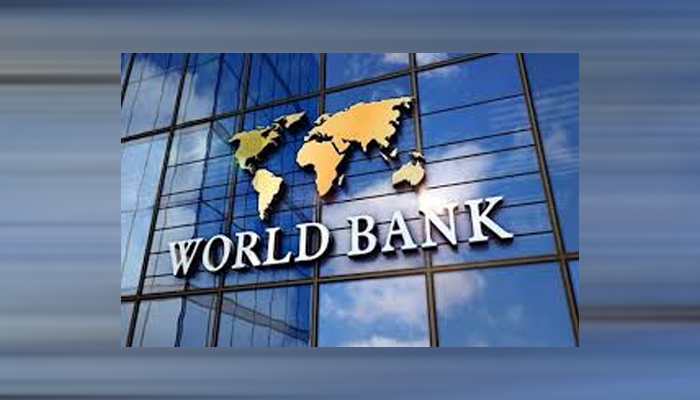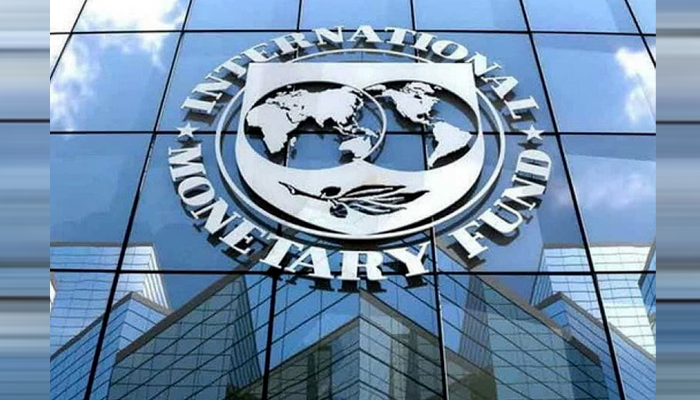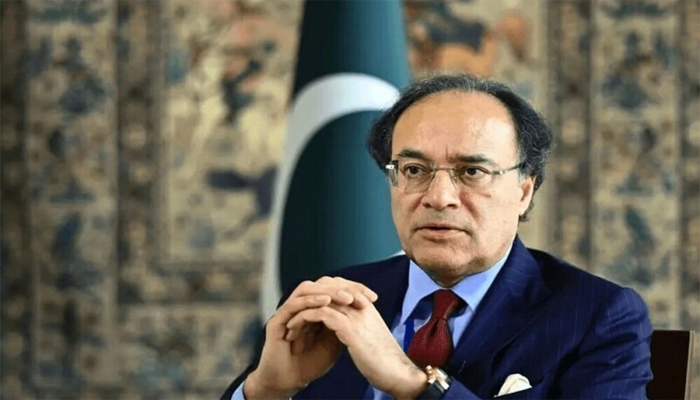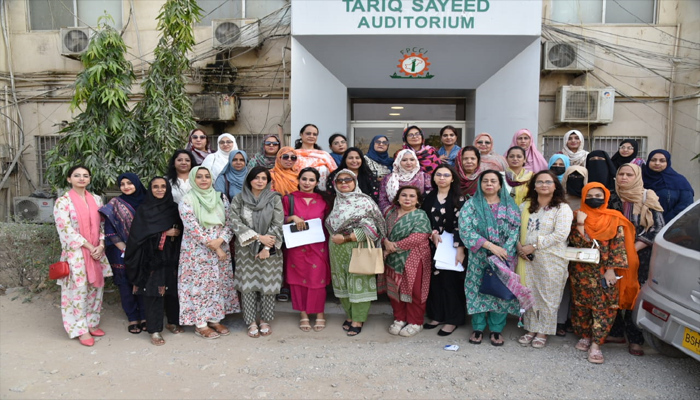Islamabad: The World Bank expects Pakistan’s economy to grow by 2.7% in the fiscal year ending June 2025, according to its latest Pakistan Development Update: Reimagining a Digital Pakistan, released today.
This marks a modest improvement from the 2.5% growth recorded in the previous fiscal year, reflecting signs of stabilization across several economic indicators.
The report highlights that the uptick in real GDP growth is driven by recovering private consumption and investment, aided by declining inflation, easing interest rates, and a gradual return of business confidence. Despite tight macroeconomic policies and global uncertainties, Pakistan’s economic fundamentals are slowly improving.
The World Bank noted that inflation has begun to ease, financial conditions are improving, and the country is registering both current account and primary fiscal surpluses. However, the first half of FY25 saw subdued economic activity due to persistent structural challenges.
Agriculture posted limited gains, hindered by poor weather and pest outbreaks. Meanwhile, industrial production declined due to high input costs, increased taxation, and reduced government spending. The services sector also saw slow growth, impacted by weak performance in agriculture and industry.
“Pakistan’s key challenge is to convert recent stabilization into sustainable growth capable of reducing poverty,” said Najy Benhassine, World Bank Country Director for Pakistan. “This requires bold reforms in taxation, exchange rate management, trade policy, business regulation, and public sector governance.”
Looking ahead, the World Bank forecasts GDP growth of 3.1% in FY26 and 3.4% in FY27, assuming continued economic reforms and macroeconomic stability. However, the report warns of significant downside risks, including high public debt, policy uncertainty, vulnerability to climate shocks, and volatility in global markets.
Anna Twum, the report’s lead author, stated, “While the economy shows signs of stabilization, it remains fragile. Delays in reform implementation or shifts in stabilization policies could derail the nascent recovery and increase external vulnerabilities.”
The report also emphasizes the urgent need for structural reforms in the digital sector. It calls for greater investment in digital infrastructure, improved broadband accessibility, and stronger public digital service delivery through the development of Digital Public Infrastructure (DPI).
While DPI can enhance government efficiency and service access, the World Bank notes that its success hinges on political will, institutional coordination, and regulatory clarity across federal, provincial, and local levels.









